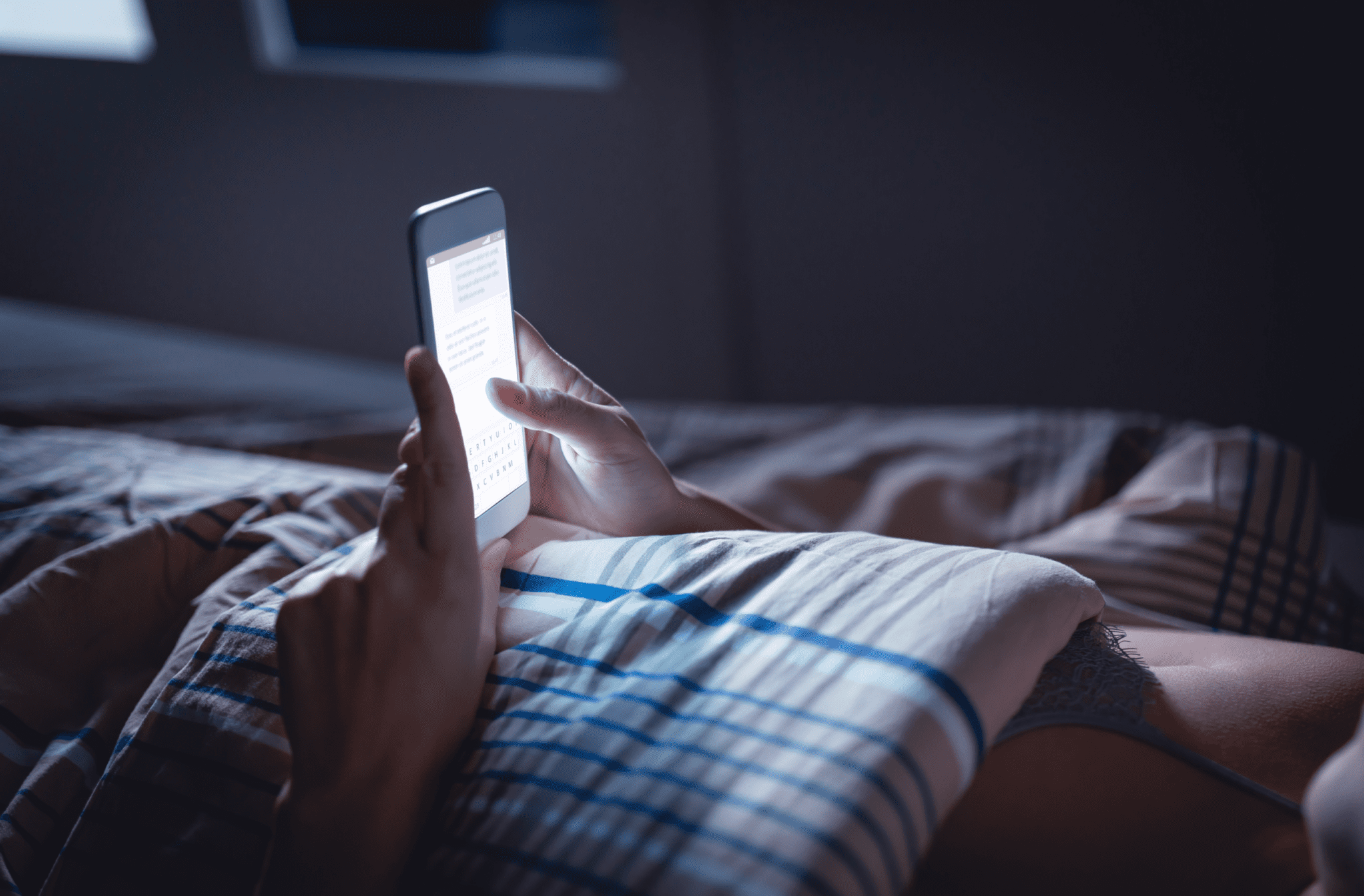Are you experiencing problems with your sleep? You’re not alone. 2/3 adults in the UK experience sleep problems.
Tips to improve sleep:
- A large problem in recent times has been people’s use of devices – TVs, laptops, tablets and phones. All these devices stimulate our brain which can make it difficult for our brain to switch off. So if you are having sleep problems one of the first things to try is reducing this. Some people can take up to 4 hours to get asleep after being on a laptop as an example. Try to avoid being on laptops and tablets late into the evening, avoid TV in the last bit of time before bed, and mobile phones in bed.
- Caffeine, nicotine and sugar are all substances that can interfere with sleep due to their stimulating nature. We want to certainly avoid these things later in the evening. We also need to look at the volume as a whole. For example for some people, any more than 2 mugs of tea/coffee a day can affect their sleep quality.
- As well as trying to avoid things that prevent good sleep, we also want to introduce things that can improve our sleep. The best activities for this are things that occupy our brain whilst not stimulating it. Examples include listening to music, reading a book, meditation activities, creative activities like colouring or puzzles (of course these need to not be on devices). Introducing up to 30 minutes of these activities before you go to bed can help. Also if you wake in the night, that suggests your brain was still too awake. Try getting out of bed and doing more of these activities and then try again.
- Bedroom as haven. We want to make our bedroom a relaxing haven. This means no eating in our bed, or watching TV there, or even doing the unwind activities there. Our bed should be saved for sleep. We also want to try to make the room relaxing. Consider if there are any changes you need to make to your space.
- No clock watching. A lot of people when they have problems with their sleep find themselves checking the clock a lot. This only serves to make us worried or annoyed about our lack of sleep. Try to make your clock not easily visible, and avoid checking it.
- Avoid naps. If you’ve had a bad night’s sleep, you might be tempted to ‘catch up’ with a nap. Unfortunately any sleep we do during the day has a negative affect on our ability to sleep the following night. Try to avoid naps.
- Other causes for sleep problems. Sleep can be an independent problem, in which case most of the time these tips will resolve the problem. However sleep can also be a symptom of depression or anxiety. If you think this might be you, have a look at my other blog posts or get in touch.
Many people also experience problems with reduced appetite at times.
Please see below some tips for helping with this symptom:
- Stay hydrated. If you are struggling to eat regularly, it is important at the very least to stay hydrated to help provide some energy.
- Set meal times. To try to get your appetite to return, try to schedule meal times 3 x a day and keep these the same every day. If you think you might forget, try using alarm reminders on your phone.
Start small. The best approach to getting your appetite to improve is to start with small manageable amounts at the set meal times, and build from this. That might mean starting with only a glass of milk or orange juice, or 1 piece of toast, or a small bowl of soup or cereal.





